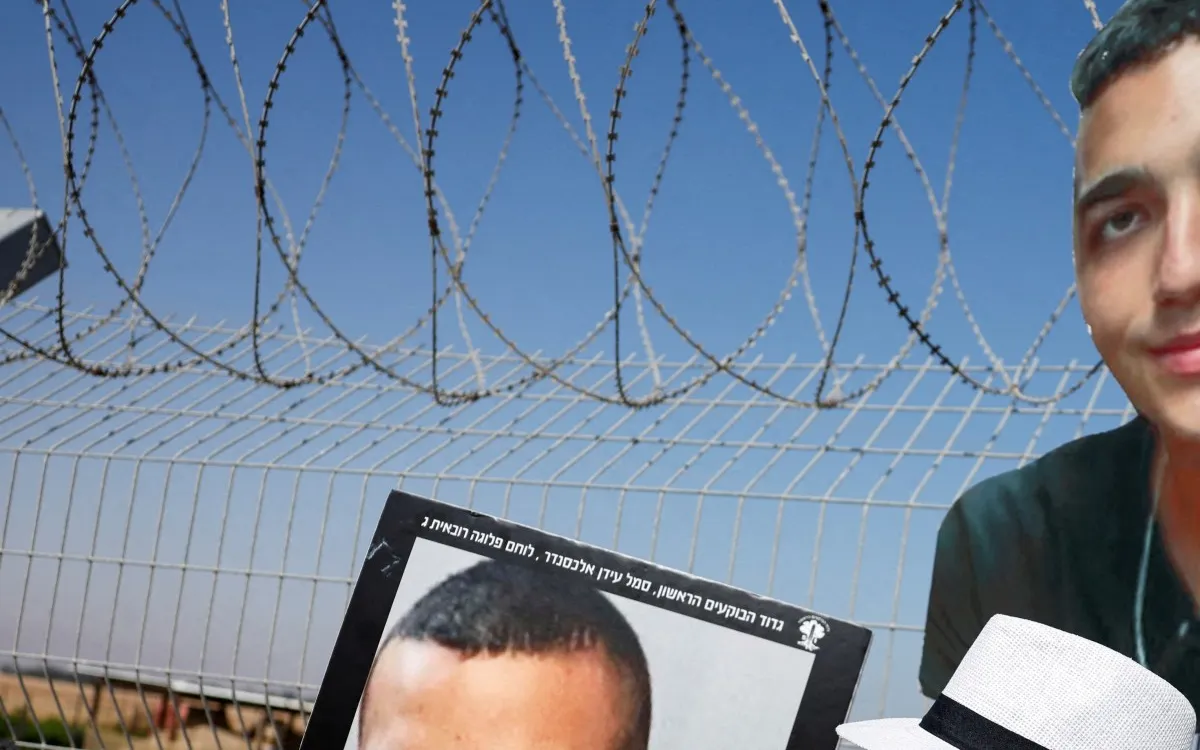
In a significant development, Hamas has announced its intention to release a US-Israeli captive held in Gaza, amidst ongoing discussions with the United States aimed at achieving a ceasefire in the conflict-ridden enclave. The announcement, made on Sunday, stated that Edan Alexander, a 21-year-old Israeli soldier and dual national, will be released as part of efforts to facilitate a ceasefire and reopen aid crossings into Gaza.
For the past 70 days, Israel has implemented a blockade on all forms of aid entering Gaza, including essential supplies such as food, medicine, and fuel. The Hamas statement did not specify a release date for Alexander, but sources suggest it could occur within the next 48 hours. Reports from Israeli media indicate that US envoy Steve Witkoff is scheduled to visit Israel on Monday as part of the ongoing negotiations.
This announcement coincides with US President Donald Trump's upcoming visit to the Middle East, although it will not include Israel. Both Trump and Witkoff have referenced Alexander by name in previous months. Alexander, who spent his formative years in the United States, was captured during the October 7, 2023, Hamas-led attack on his military base.
In its statement, Hamas expressed a willingness to "immediately begin intensive negotiations" that could pave the way for an agreement to terminate the ongoing war. The group envisions a future for Gaza under a technocratic and independent administration, which they argue will foster long-term calm, stability, and reconstruction efforts while also addressing the blockade.
As of now, there has been no official response from the Trump administration. However, Israeli Prime Minister Benjamin Netanyahu's office has confirmed that the US informed Israel that Alexander's release could catalyze negotiations for the release of additional captives. The statement reiterated Israel's commitment to its military objectives, emphasizing that negotiations would continue "under fire."
Reporting from Amman, Jordan, Al Jazeera journalist Hamdah Salhut highlighted the uncertainty surrounding the Israeli government's reaction to the direct talks between Hamas and the US. Previous negotiations have sparked anger among Israeli officials, who felt excluded from the discussions. Salhut noted that many families of captives are frustrated, feeling that their loved ones' lives are being overshadowed by political maneuvering. Some Israeli officials have publicly stated that priorities have shifted away from the captives towards broader military objectives.
Earlier on Sunday, two Hamas officials revealed to the AFP news agency that talks were ongoing in Doha with the US, with indications of "progress" on various fronts. One official mentioned advancements related to the entry of aid into Gaza and the potential for a prisoner exchange involving Palestinian detainees held by Israel. Another official reported similar progress regarding the ceasefire efforts.
Since Israel's last ceasefire ended on March 18, the conflict has escalated, leading to increased bombardment of Gaza. The Israeli government has consistently maintained the blockade, asserting it as a strategy to pressure Hamas into releasing captives. Despite previous exchanges facilitated during brief truces, none of the remaining captives have been freed since then. Currently, 59 captives are believed to still be in Gaza, with approximately one-third thought to be alive.
The situation in Gaza continues to deteriorate, with the Health Ministry in Gaza reporting that at least 2,720 individuals have died since Israel resumed its military operations. The overall Palestinian death toll since the onset of the war has tragically reached 52,829, highlighting the urgent need for humanitarian aid and a lasting resolution to the conflict.